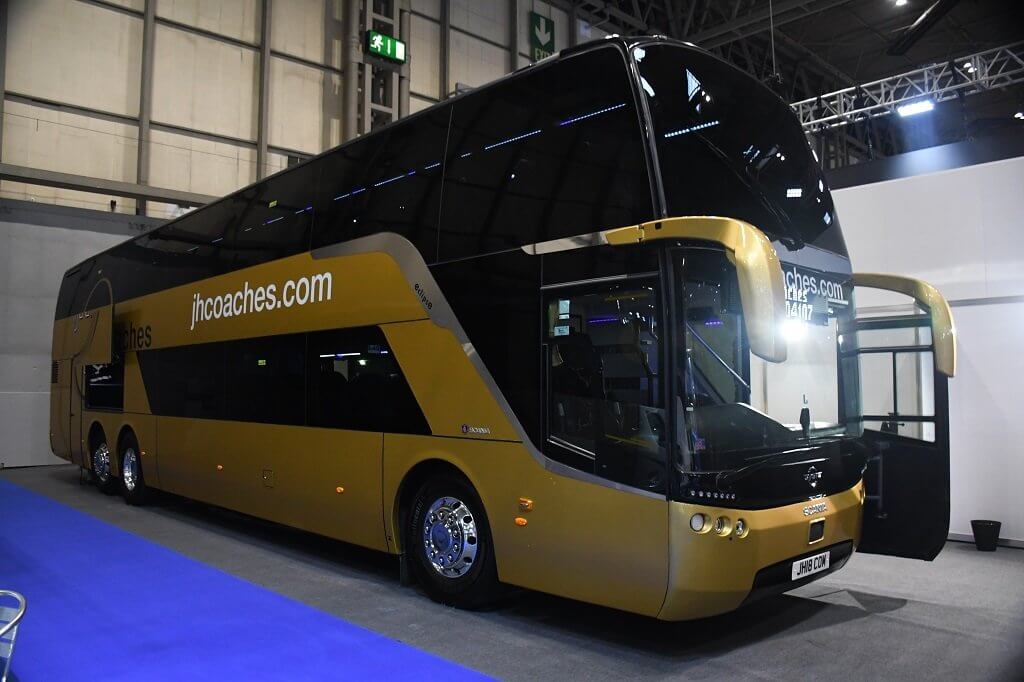
Despite facing one of the most challenging business environments for decades, the industry’s spirit remained undiminished at Euro Bus Expo. As the old saying goes, the show must go on and CBW reports on what the vehicle manufacturers and dealers had to show and say […]
By subscribing you will benefit from:
- Operator & Supplier Profiles
- Face-to-Face Interviews
- Lastest News
- Test Drives and Reviews
- Legal Updates
- Route Focus
- Industry Insider Opinions
- Passenger Perspective
- Vehicle Launches
- and much more!


